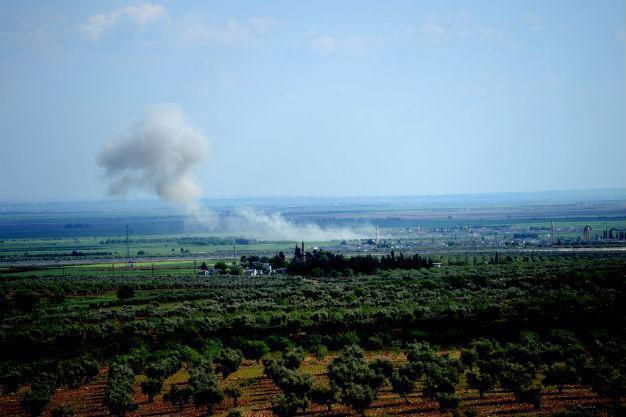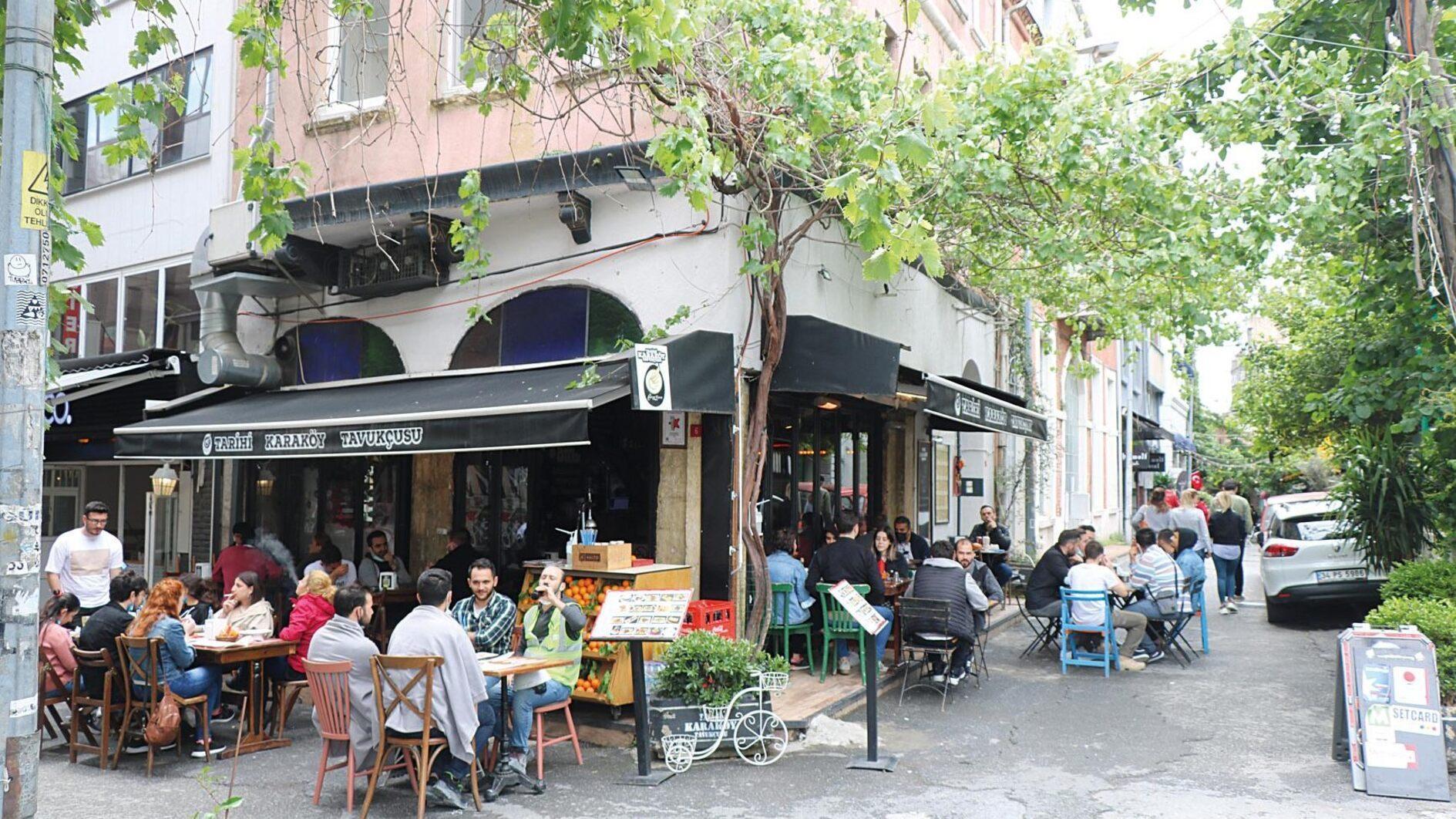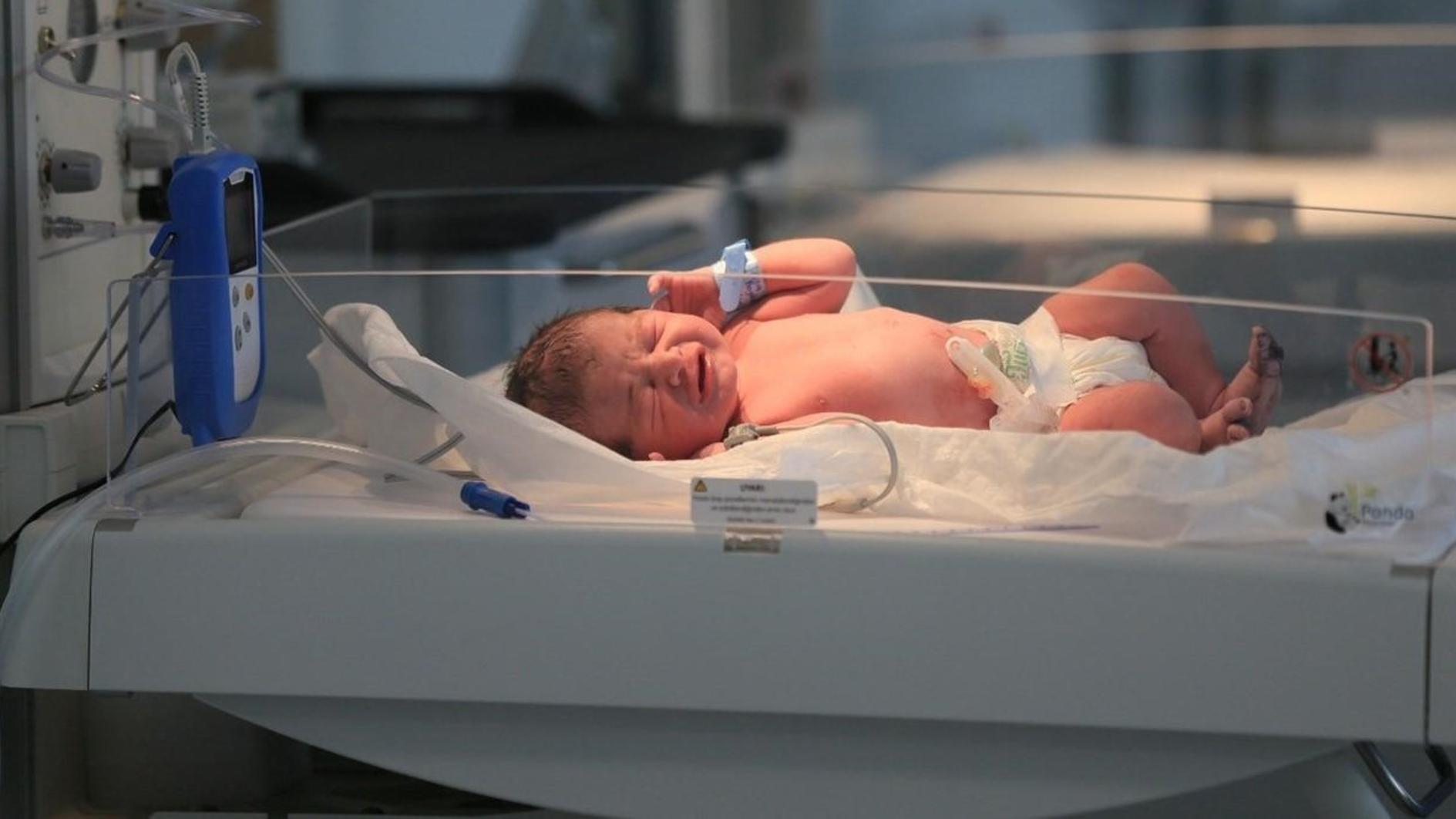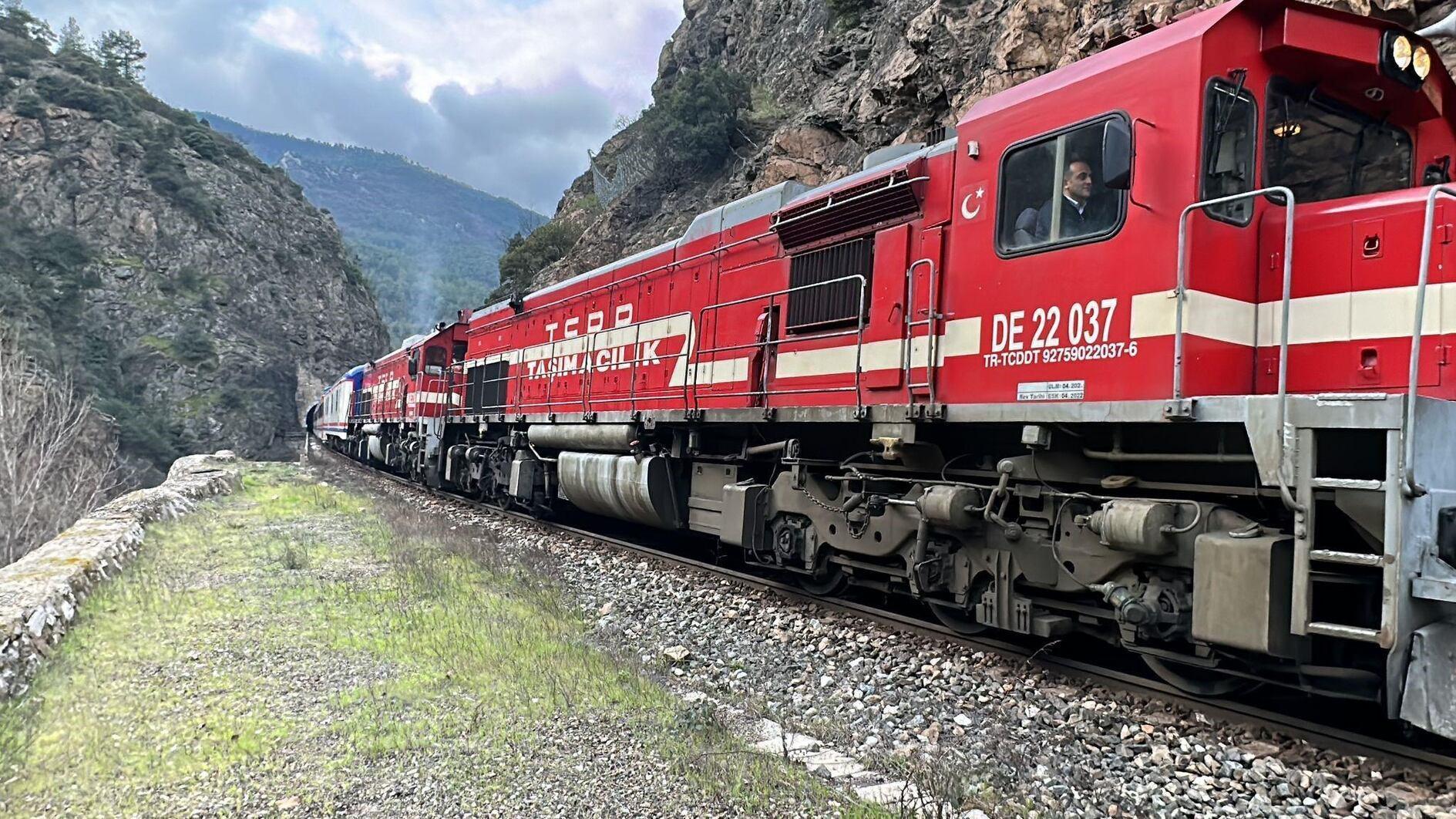Turkish PM responds to Obama, Putin over Syrian border remarks
ANKARA

AA photo
Other countries’ statements about Turkey’s border with Syria “have no meaning,” Turkish Prime Minister Ahmet Davutoğlu has said, in response to Russian President Vladimir Putin’s call to U.S. President Barack Obama regarding the sealing of the Turkey-Syria border.Speaking at a press conference before departing for Strasbourg, Davutoğlu said on April 18 that Obama and Putin talking about the Syrian-Turkish border – behind closed doors and in the absence of Turkey - was meaningless.
Turkey is the only authority “to decide on the final decision about its borders,” he said.
Putin and Obama talked on the phone early on April 18, during which Putin urged the closure of the border between Syria and Turkey where “supplies of arms for extremists” were making their way in, the Kremlin said in a written statement.
Russia and Turkey are on opposite sides of the more-than-five-year-long war in Syria. While Russia is one of the main supporters of Syrian President Bashar al-Assad, Turkey and the U.S. oppose al-Assad staying in power.
Davutoğlu said Turkey’s borders have “only been open to migrants” over the course of the five years.
“Considering the migrants that Turkey is hosting, the world only owes a thank you to Turkey. It is nobody’s right to bring Turkey to account,” said Davutoğlu.
The Kremlin’s statement also said Obama and Putin agreed on the phone to strengthen a Syrian cease-fire brokered by their two nations.
“The leaders discussed in detail the situation in Syria, confirming in particular their intention to facilitate the strengthening of a Russian-U.S. initiated ceasefire in this country as well as access for humanitarian aid,” it said.
Putin also stressed the need for “moderate” rebels to distance themselves from the Islamic State of Iraq and the Levant (ISIL) and jihadists of the al-Nusra Front.
A landmark partial ceasefire, which was negotiated by the United States and Russia and which took effect on Feb. 27, dramatically curtailed violence across much of Syria and raised hopes that a lasting deal could be struck in Geneva to end the bloodshed.
But fighting has surged around Syria’s Aleppo over the last week, prompting tens of thousands of people to flee, leading the opposition to question Assad’s commitment to a political solution to a conflict that has displaced half of the population and killed more than 270,000 people.
White House spokesman Josh Earnest said the phone call provided “an opportunity for the president to, once again, make the case to President Putin that he should use his influence with the Assad regime to live up to the commitments that they’ve made in the context of the cessation of hostilities.”
“Unfortunately, we’ve seen that the cessation of hostilities continues to be fragile and increasingly threatened due to continued violations by the regime,” Earnest added.
















